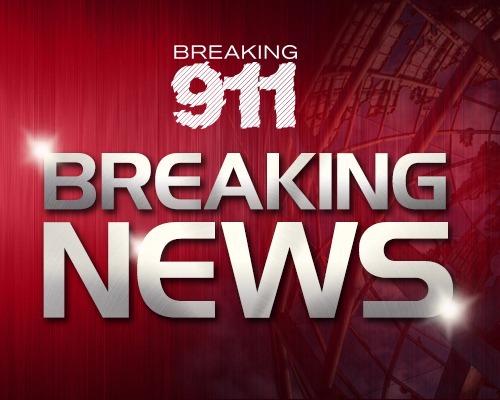
An adviser to Russian president Vladimir Putin has said the country could be “disconnected” from the global Internet if needed.
The comments by German Klimenko, the Russian president’s Internet adviser, come as the United States is said to be mulling covert cyber-operations against Russia in retaliation for Moscow’s interference in the 2016 presidential election.
Klimenko made his remarks during an interview with the Russian-language RT television channel, whose interviewer asked about a draft law from November that seeks to regulate the Russian Internet.
“In the law we are talking about the protection of critical infrastructure, which should be located in the territory of Russia,” Klimenko said. “For example, hackers can penetrate the structure of commercial banks and steal money. This is bad, but if they enter into the system of the Central Bank, we would be in big trouble.”
Klimenko pointed out that Western powers had cut Crimea off from Google and Microsoft services after the peninsula was annexed from Ukraine by Russia (the companies were complying with U.S. sanctions on Crimea imposed after Russia’s takeover). He suggested that showed why it was necessary for the Russian Internet to work on its own.
“There is a high probability of ‘tectonic shifts’ in our relations with the West,” said Klimenko. “Therefore, our task is to adjust the Russian segment of the Internet to protect themselves from such scenarios.” He added that “critical infrastructure” should be on Russian territory, “so no one could turn it off.”
Adam Segal, an expert in cybersecurity at the Council on Foreign Relations and the author of “The Hacked World Order,” said that Klimenko’s comments appeared to be a response to the threat of cyberattacks from the United States. But he doubted Klimenko’s idea of an isolated Russian Internet would work out well.
“A cut-off Internet may still be vulnerable to sophisticated attacks,” said Segal, “and they’d want it to be a very temporary measure.”
Klimenko himself has personally denied any Russian role in U.S. hacking. “Usually these kinds of leaks take place not because hackers broke in, but, as any professional will tell you, because someone simply forgot the password or set the simple password 123456,” he said in comments to Russian state media in June.
But the Russian government has long held a skeptical view of the Internet itself, sometimes suggesting it is a foreign tool used to influence Russian politics. Putin himself once dubbed the Internet a “CIA project.” The Russian press reported in 2015 that domestic Internet service providers (ISPs) had been blocking traffic from various foreign sources to see how the Russian Internet would work without them. It was reported at the time that the tests were ultimately unsuccessful, as many smaller ISPs did not take part.
In November, Russia’s communications regulator blocked access to LinkedIn, a U.S.-based social network for business professionals, for violating a 2014 law that required social networks with Russian users to physically store six months of data on Russian land. Despite the law, a number of foreign social networks – most notably Facebook and Twitter – are not known to comply.
Andrei Soldatov, an expert on Russia’s Internet and the co-author of ” The Red Web,” downplayed the tone of Klimenko’s comments, suggesting that Putin’s Internet adviser “makes lots of sensational comments, trying to make himself useful.”
But Soldatov added that Russia’s attempts to move away from a U.S.- and Europe-dominated Internet were very real. That’s largely motivated by a desire to have more control of information in Russia and access to data for surveillance purposes – and Russia isn’t alone in that, he said.
“What makes things worse is that it coincides with the new rapprochement with China on cyber that started in 2016, with Chinese and Russian Internet censors exchanging visits and lots of talk how to ‘improve’ the Internet filtering system,” said Soldatov, warning of a disastrous effect on Russian Internet freedoms.
(c) 2016, The Washington Post · Adam Taylor

